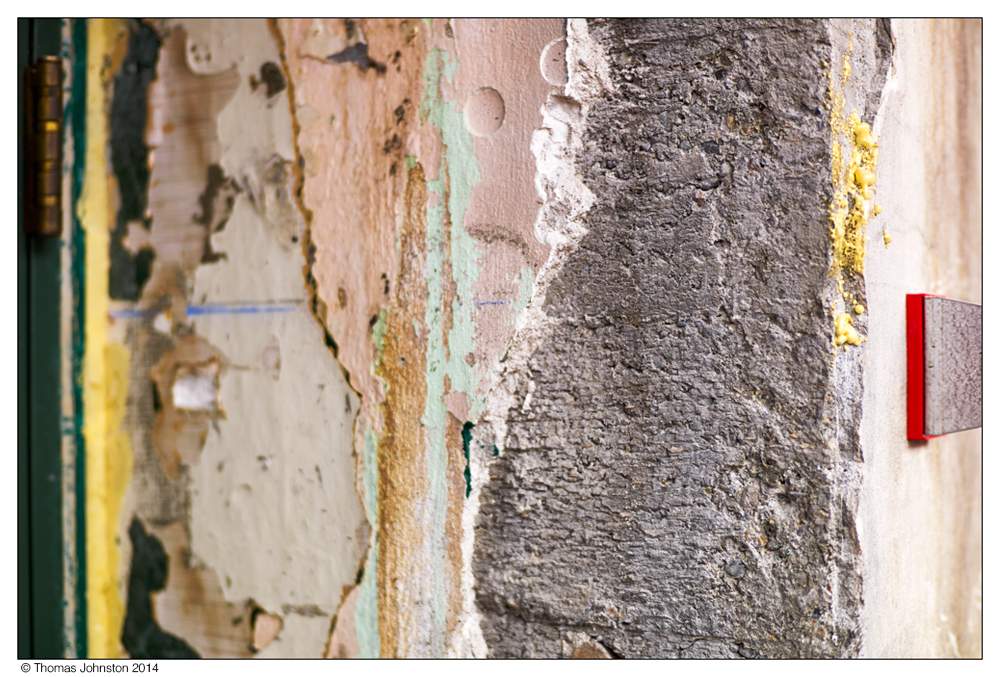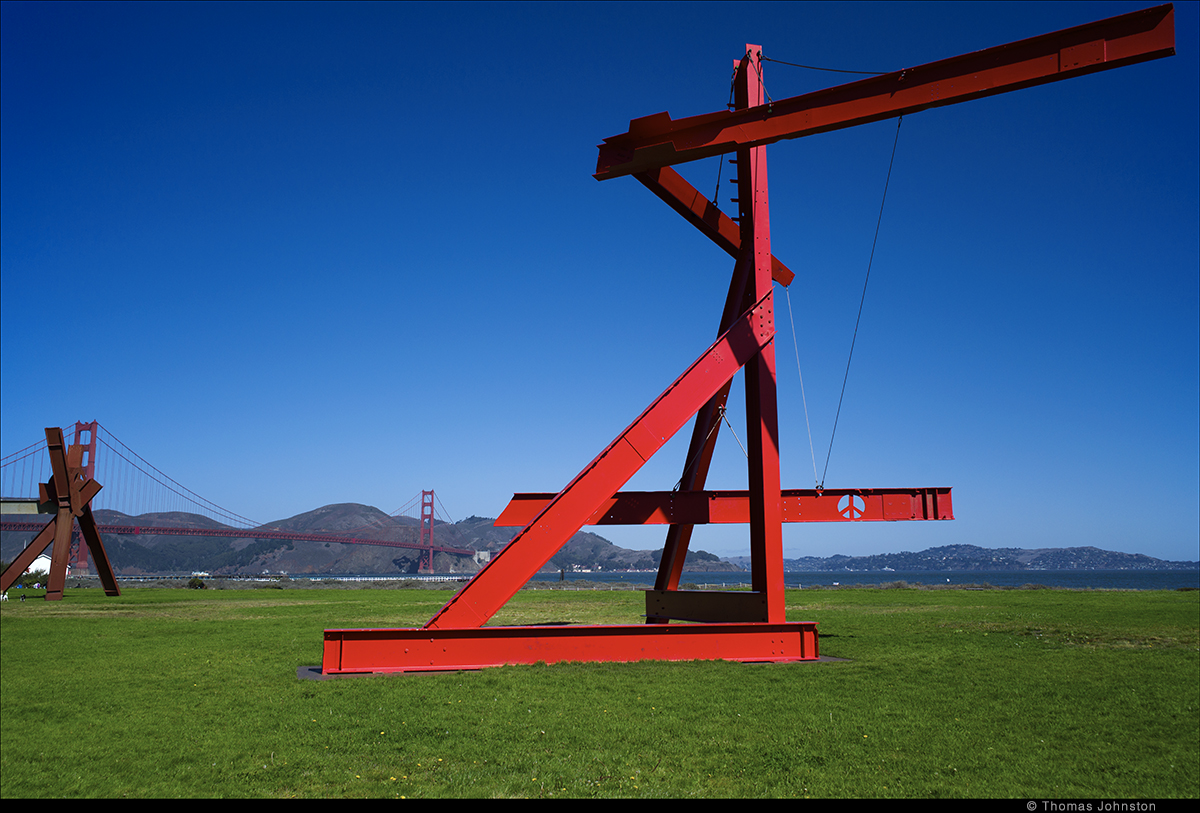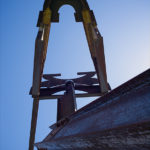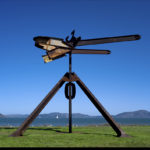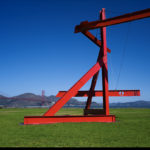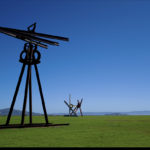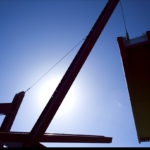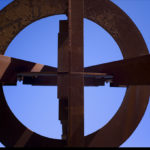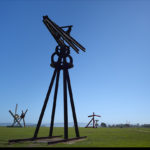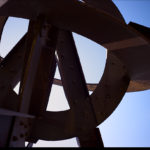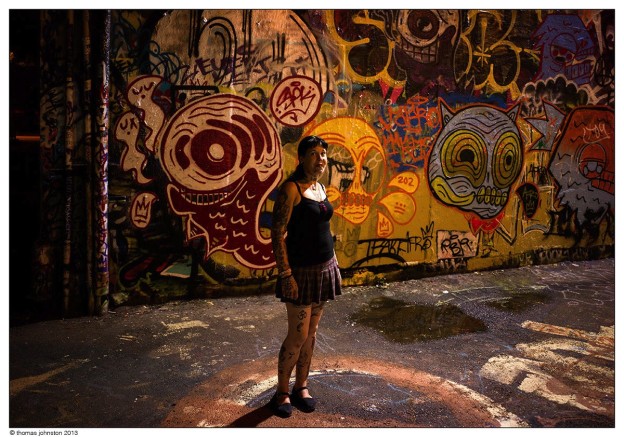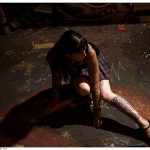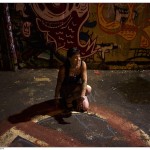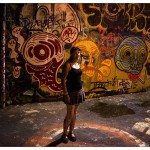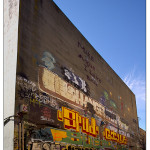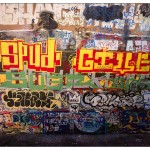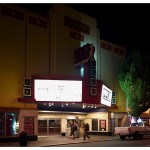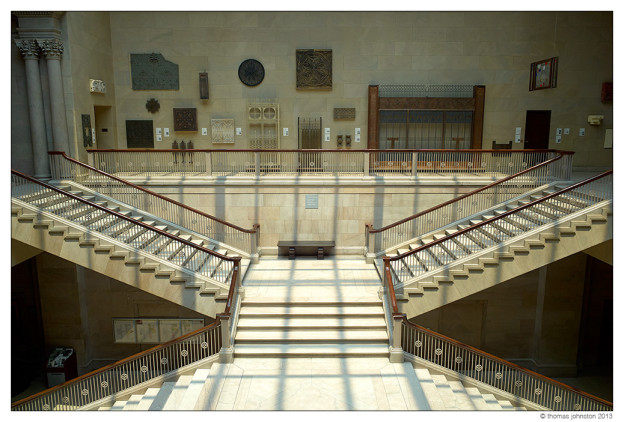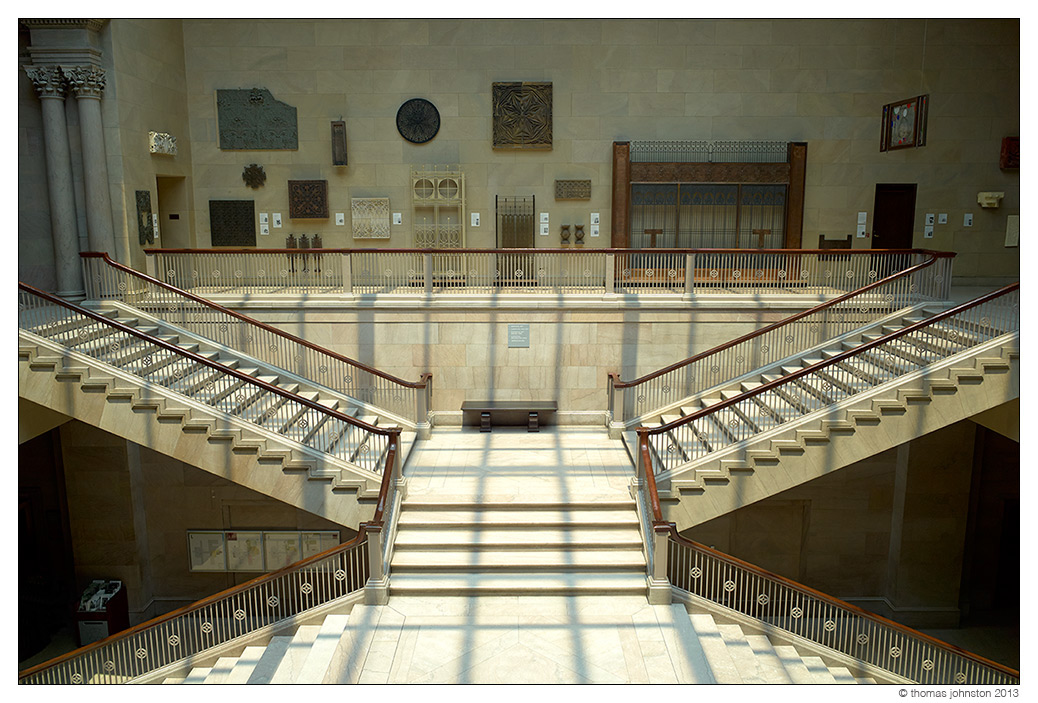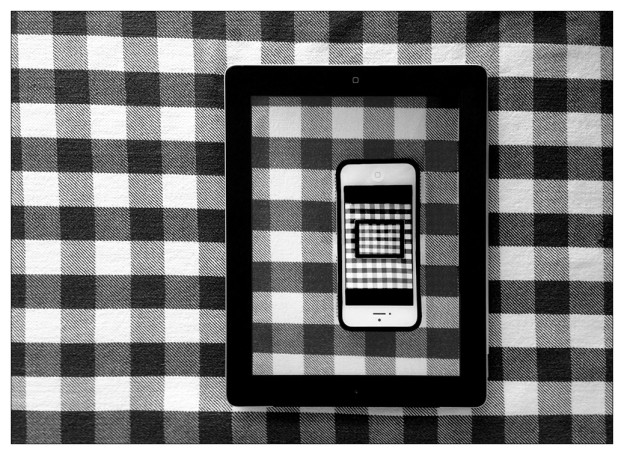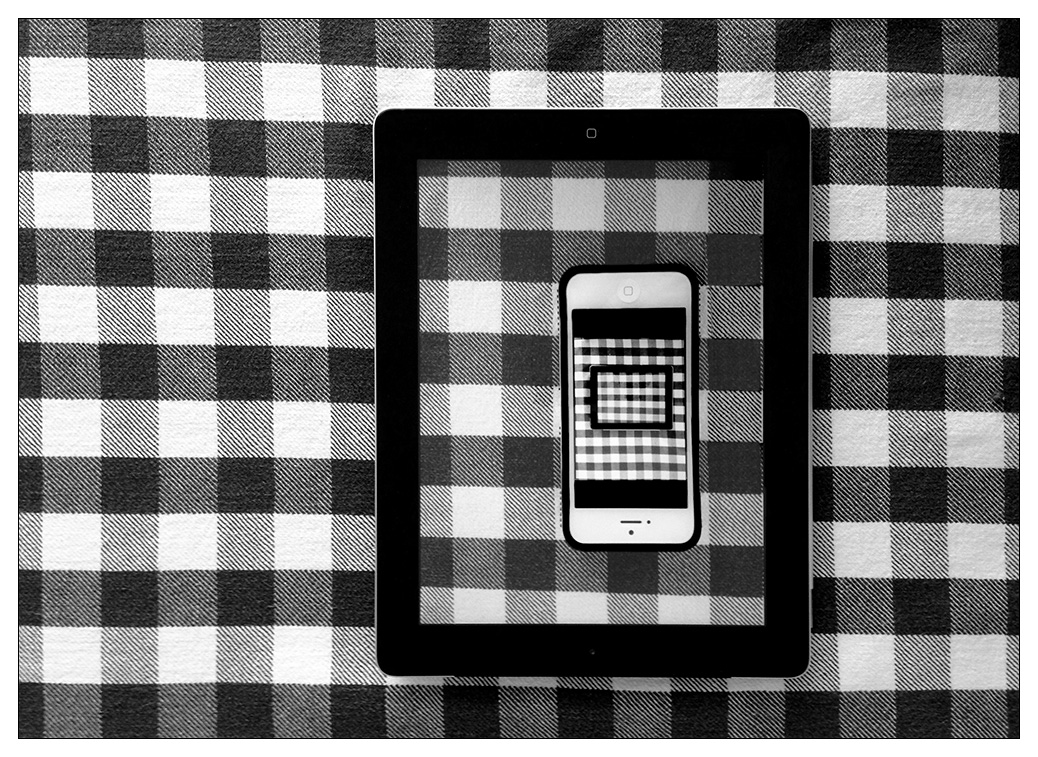I update this post from time to time, with examples of images I make, or have made, culled from files of visual notes that I’ve taken while walking in the urban environment. Something usually Continue reading →
Mark di Suvero at Crissy Field, San Francisco, 2013-14
Mark di Suvero at Crissy Field, San Francisco was an exhibition/installation I was able to spend a few hours, walking among, in, and around, photographing these eight beautiful sculptures by Mark di Suvero.
The exhibition, organized by SFMOMA was on view through May 26, 2014.
It was exciting to experience them throughout the year in different light, wind, and weather. Included with this post are photographs I took in September 2013. Click on one of the thumbnails to activate the gallery. To learn more about Mark di Suvero and to see additional works by the artist follow this link
- Crissy Field, SFMOMA 2013
- Crissy Field, SFMOMA 2013
- Crissy Field, SFMOMA 2013
- Crissy Field, SFMOMA 2013
- Crissy Field SFMOMA 2013
- Crissy Field, SFMOMA 2013
- Crissy Field, SFMOMA 2013
- Crissy Field, SFMOMA 2013
Street Photography Night
One never knows what will be found when walking around an urban environment, especially at night. On some nights the streets are empty and it seems no one is around. On other nights the crowded streets are filled with a wide variety of people walking, talking, weaving in and out of the shadows. Walking around downtown Olympia, shooting images with DavidF on a hot summer night in August 2013, we found ourselves in an alley by the freewall of the Olympia Film Society. Thanks to MM.
Presenting this slideshow as an introduction. Click on the individual images for a larger scale gallery view.
Répétez, s’il vous plaît…
In my previous post I mentioned how one day in The Louvre I realized that I had been in a specific spot, in one of the galleries devoted to temporary exhibitions, several times before. It was an interesting realization, at first curious, with a strange physical sensation, a feeling, something akin to memories Continue reading →
B&W Grid iOS iPhone iPad
I know, I know! I’ve made this picture before. It’s been said, we only have one picture in us…we just keep repeating Continue reading →

